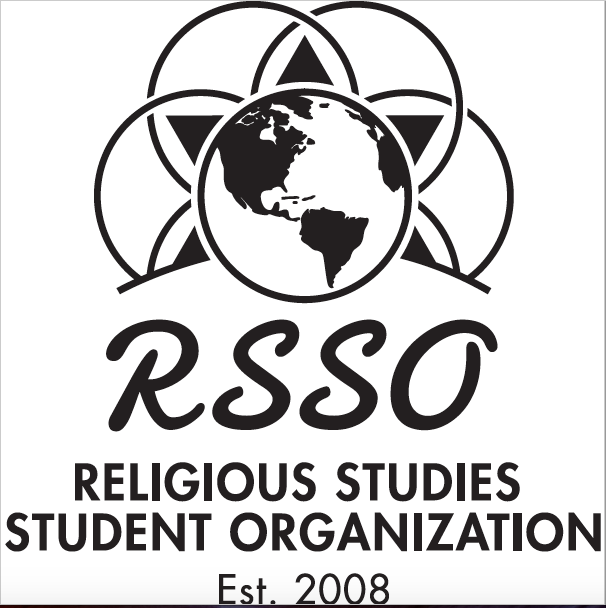Moderator
Dr. Carlos Galvao-Sobrinho
Location
University of Wisconsin-Milwaukee
Start Date
6-4-2013 11:00 AM
End Date
6-4-2013 12:15 PM
Abstract
In the study of religion there is major emphasis put on how religion works and what religion is, but less emphasis on why religion exists at all. I use the work of Emile Durkheim and several examples to explain my own ideas on why religion exists. I theorize that religion is a survival tool for human beings to find order and meaning in the complex and chaotic environment we inhabit. Durkheim also believes religion brings order and meaning to humans. I argue that as humans progress, we are able to find order and meaning without conventional religion.
Durkheim believes that in totem religion, order comes through belief in the sacred. I agree, but believe the sacred only brings order through creating an absolute. The same type of absolute can be seen in the foundation of every major religious system. An example of an absolute in Buddhism is the four noble truths. They explain the chaos in the world to be due to karma. Belief in this absolute is no different than belief in the sacred because they are both tools to create a sense of order.
Physics explains that the world has order in the same way Buddhism does. The speed of light is a mathematical constant, an absolute through which seemingly random events can be explained. The four noble truths and the speed of light are both absolutes that lead to understanding the complex world we live in. People still need order, but now have options that are not belief-oriented.
My theory connects with Durkheim’s but also explains that people are finding new systems to create order and meaning in their lives. Although these new systems have the same core ideas, do they bring the same fulfillment as conventional religion?
Included in
Purpose and Order
University of Wisconsin-Milwaukee
In the study of religion there is major emphasis put on how religion works and what religion is, but less emphasis on why religion exists at all. I use the work of Emile Durkheim and several examples to explain my own ideas on why religion exists. I theorize that religion is a survival tool for human beings to find order and meaning in the complex and chaotic environment we inhabit. Durkheim also believes religion brings order and meaning to humans. I argue that as humans progress, we are able to find order and meaning without conventional religion.
Durkheim believes that in totem religion, order comes through belief in the sacred. I agree, but believe the sacred only brings order through creating an absolute. The same type of absolute can be seen in the foundation of every major religious system. An example of an absolute in Buddhism is the four noble truths. They explain the chaos in the world to be due to karma. Belief in this absolute is no different than belief in the sacred because they are both tools to create a sense of order.
Physics explains that the world has order in the same way Buddhism does. The speed of light is a mathematical constant, an absolute through which seemingly random events can be explained. The four noble truths and the speed of light are both absolutes that lead to understanding the complex world we live in. People still need order, but now have options that are not belief-oriented.
My theory connects with Durkheim’s but also explains that people are finding new systems to create order and meaning in their lives. Although these new systems have the same core ideas, do they bring the same fulfillment as conventional religion?

